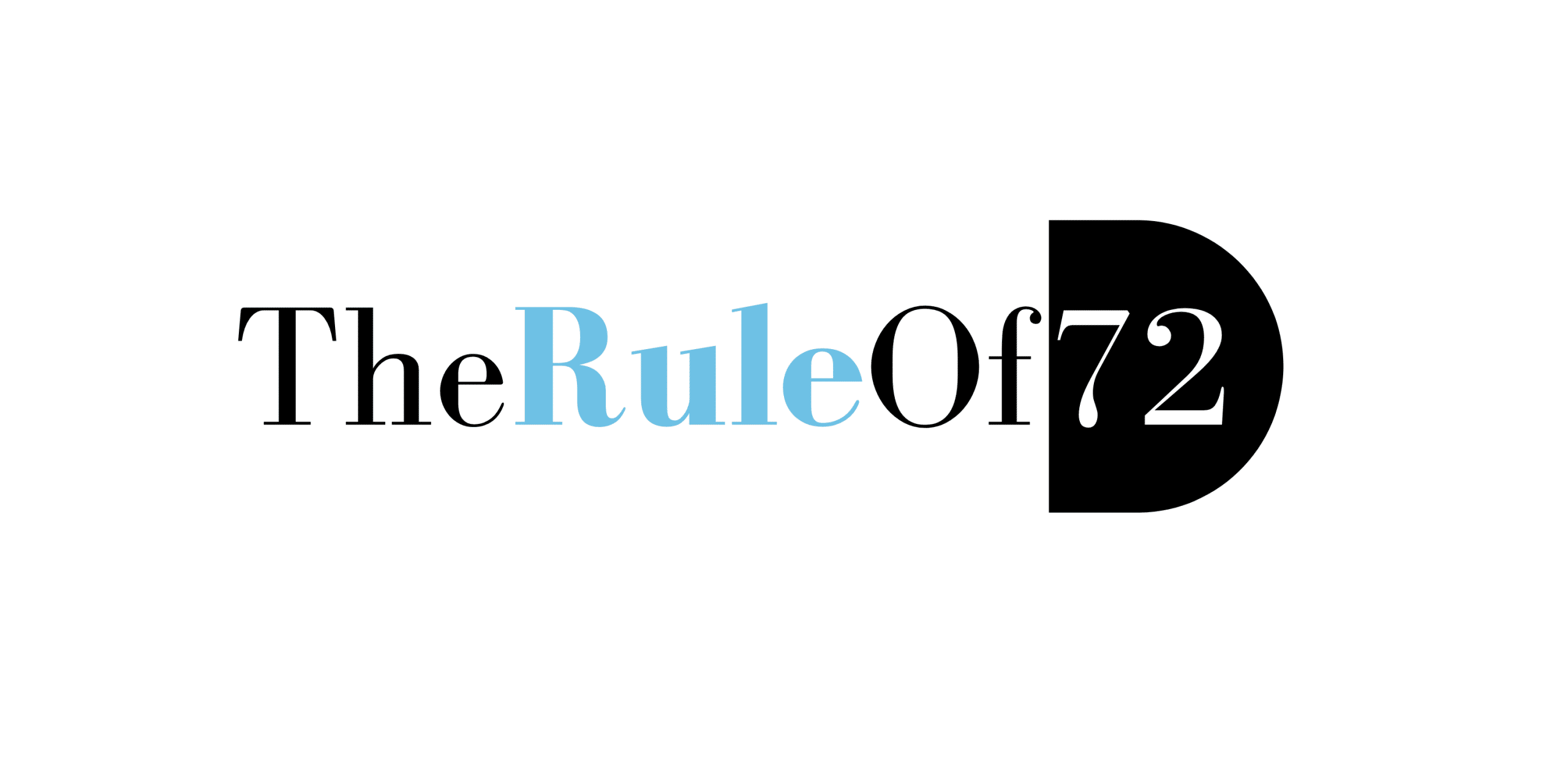Navigating the Inflation Tide: How Inflation Affects Your Life Insurance Policy

In the realm of personal finance, life insurance is often viewed as a stable anchor, providing financial security for loved ones in the face of unexpected events. However, one crucial factor that can subtly erode the effectiveness of your life insurance policy over time is inflation. In this blog post, we’ll delve into the impact of inflation on life insurance and explore strategies to safeguard your coverage against the rising tide of inflation.
Understanding Inflation:
Inflation is the gradual increase in the prices of goods and services over time. It erodes the purchasing power of money, meaning that a set amount of money will buy fewer goods and services as time goes on. While inflation is a natural part of any economy, its impact on long-term financial planning, including life insurance, is crucial to comprehend.
The Effect on Policy Coverage:
When individuals purchase life insurance, they are essentially locking in a specific amount of coverage for a predetermined premium. However, the real value of that coverage can be affected by inflation. As the cost of living rises, the lump sum payout provided by a life insurance policy may not stretch as far as it once could.
For example, if you purchased a life insurance policy several years ago with a $500,000 death benefit, that amount might have seemed substantial at the time. However, due to inflation, the cost of living has increased, and the purchasing power of $500,000 has diminished. This means that your loved ones may find it challenging to maintain the same standard of living with the policy payout.
Adjusting Coverage for Inflation:
To counteract the impact of inflation, it’s crucial to periodically review and adjust your life insurance coverage. Many insurance policies offer options for inflation protection, ensuring that the death benefit keeps pace with the rising cost of living. These adjustments may come in the form of automatic increases tied to inflation rates or allow policyholders to manually increase coverage at specified intervals.
It’s advisable to consult with your insurance agent or financial advisor to assess whether your current life insurance policy is keeping up with inflation. They help explore coverage options, ensuring your family’s financial needs are met, regardless of economic changes.
Investing in Whole Life Insurance:
Another strategy to mitigate the impact of inflation on your life insurance policy is to consider whole life insurance. Unlike term life insurance, which provides coverage for a specific term, whole life insurance covers you for your entire life. Additionally, whole life insurance policies often include a cash value component that grows over time.
The cash value component can serve as a hedge against inflation. The accumulated cash value has the potential to increase, providing an additional source of funds that can be tapped into if needed. If living costs rise, the accumulated cash value can supplement the death benefit, providing added financial support.
Inflation and Premium Costs:
Inflation not only affects the purchasing power of a life insurance payout but can also impact the cost of maintaining coverage. Insurance companies consider inflation when determining premium rates. As costs rise, insurers may adjust rates to meet financial obligations associated with goods and services.
Policyholders may experience an increase in premium costs over the life of their policy. It’s important for individuals to be aware of potential premium adjustments and plan accordingly. Regular policy reviews and discussions with your insurer aid in making informed decisions on managing premiums amid inflation challenges.
Estate Planning Considerations:
For those using life insurance as part of their estate planning strategy, the impact of inflation takes on additional significance. Estate taxes and other expenses associated with settling an estate can be influenced by changes in the cost of living. Neglecting inflation in estate planning may lead to a shortfall, burdening heirs with unforeseen financial challenges.
Working with estate planning professionals and financial advisors is essential to create a comprehensive plan that considers the long-term effects of inflation. They assist in crafting an estate plan and life insurance coverage to address rising expenses and protect your financial legacy.
Conclusion:
Inflation is a crucial factor in future planning, impacting the financial protection offered by life insurance policies. Understanding inflation’s impact on coverage, premiums, and estate planning is crucial for making informed decisions about life insurance.
Regularly reviewing your life insurance, consulting with professionals, and exploring inflation-protected options aids in navigating economic changes. Staying informed ensures your life insurance remains a reliable financial source for loved ones despite the challenges of inflation.





